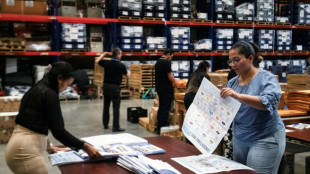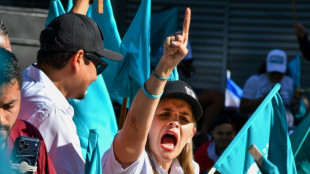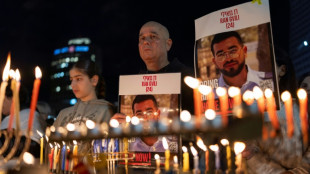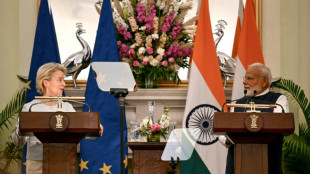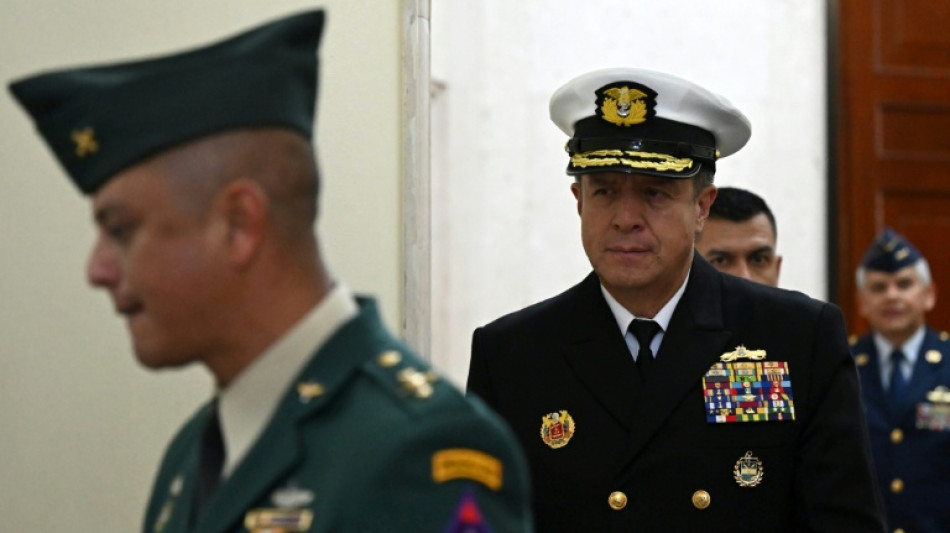

Colombia vows to fight drug trade 'with or without' the US
Colombia's top military officer has told AFP that his country will fight the resurgent cocaine trade with or without American help, after Washington blacklisted Bogota for what it called flawed anti-drug efforts.
Amid record cocaine production, President Donald Trump this week declared that Colombia's leftist government was no longer helping in the drug war and had failed to curb the flow of cocaine to the United States.
Trump's declaration marked a new low in normally warm relations between the world's top cocaine producer -- Colombia -- and the drug's top consumer, the United States.
In an interview with AFP hours after Trump's announcement, the commander of Colombia's defense forces, Francisco Cubides, said Tuesday that the two countries would continue to work together despite the political crisis.
"The only one who wins if we don't work together is crime," he said while insisting the fight against cartels would continue "with or without the support of the United States."
Over recent decades, Washington has sent billions of dollars in aid southward to help tackle cartels, guerrillas, and paramilitaries who all profit from the ultra-lucrative drug trade.
However, personal and political animosity between Trump and leftist President Gustavo Petro has clouded a previously close security partnership.
The two leaders have clashed bitterly on social media, trading threats of sanctions and barbs about immigration policies.
US officials say the Colombian cocaine trade has flourished under Petro, who has sought to negotiate with armed groups and avoid confrontation.
Republicans in Washington had wanted to send a message that Petro was not doing enough, while avoiding lasting damage to ties with Colombia's security services -- which are seen as more pro-American.
While placing Colombia on the blacklist, Trump also signed a waiver that avoided mandatory cuts in military spending and other sanctions.
Colombia's leader nonetheless hit back by announcing a moratorium on US arms purchases.
Petro will leave office after elections next year, and polls show right-leaning candidates in a strong position to replace him.
Cubides played up the two countries' long security partnership.
"Colombia and the United States have had a close relationship in many areas, particularly in the military," he said.
"We have clear support from them, but Colombia also contributes. Our work is complementary.
Cubides also insisted that Colombia was committed to the fight, come what may.
"We are optimistic that, alone or with the support of other countries, we will continue to move forward."
F.Herrmann--NRZ

